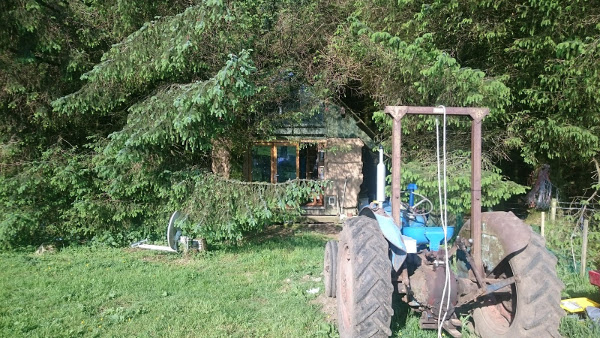The Minimum Viable Village

This blog post is occasioned by the National Council of Rural Advisers' consultation on Rural Economic Strategy. It isn't directly a response to that consultation, but I'm writing it to help formulate my thoughts in order to respond. A lot of the figures in this piece come out of my Minimum Viable Village Model:
Response to the consultation on the Register of Persons Holding a Controlled Interest in Land
*Environment, Climate Change and Land Reform Committee
Land Reform (Scotland) Act 2016 (Register of Persons Holding a Controlled Interest in Land) (Scotland) Regulations 2021 — Call for Views
The Growth Corruption

Andrew Wilson is managing partner of a lobbying firm, Charlotte Street Partners. There's no secret about that. The business of Charlotte Street Partners is to lobby the Scottish government in the interests of commercial companies. There's no secret about that. When Nicola Sturgeon appointed Andrew Wilson as chair of the growth commission, she knew this; there's no question about that.
What is secret is who the clients of Charlotte Street Partners are: who actually pays this piper. We don't know. We don't know whether Nicola Sturgeon knows.
Another letter on the Copyright Directive

Dear Nosheena Mobarik, Alyn Smith, David Martin, David Coburn, Catherine Stihler and Ian Hudghton,
I wrote to you all in early April regarding the proposed Copyright Directive. Unfortunately, I had constructive engagement only from David Martin. The matter is now urgent, since you will be voting next week; so I shall try again to state my case.
Limits to Growth
A lot of folk have commented excellently on the Scottish Growth Commission report. A lot of folk on the left have been critical. George Kerevan, in particular, has lambasted the SNP for promoting a regressive, over-cautious, Morningside-friendly version of Independence Lite, writing:
"Working-class folk, especially those who are unemployed, unskilled and dependent on benefits, are the most likely to vote SNP. They provided the bedrock of support in 2014 that nearly won us independence. The Rowntree report argues forcibly that unless the SNP directly address the needs and aspirations of this core demographic, they will lose support to Labour and the Tories."


